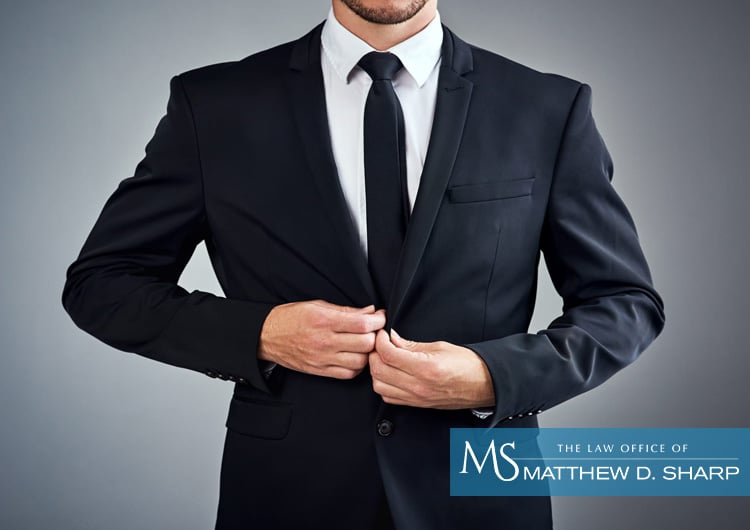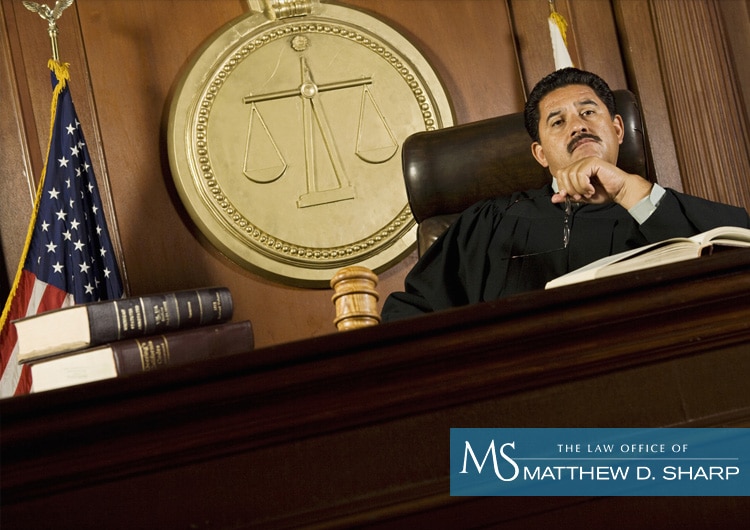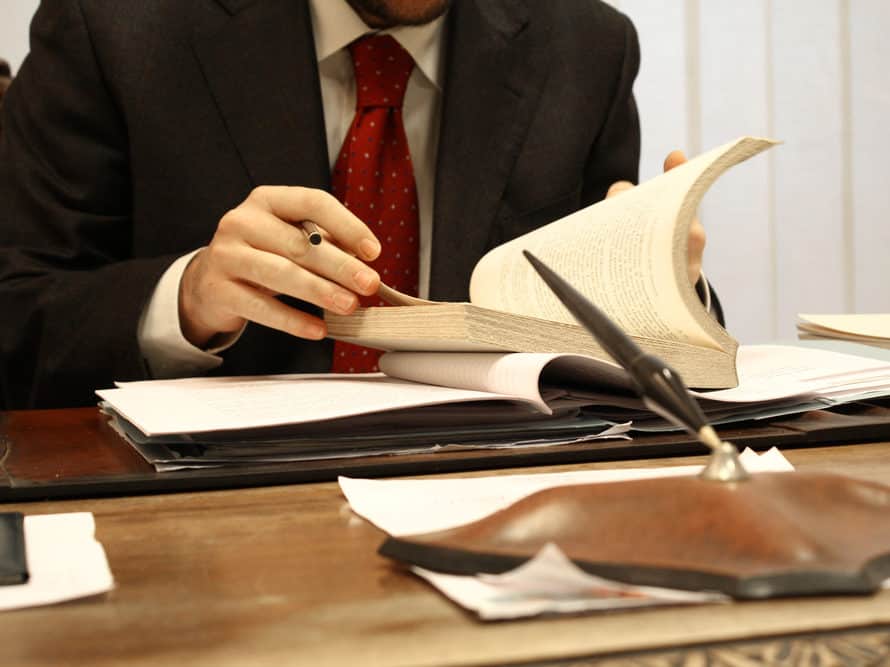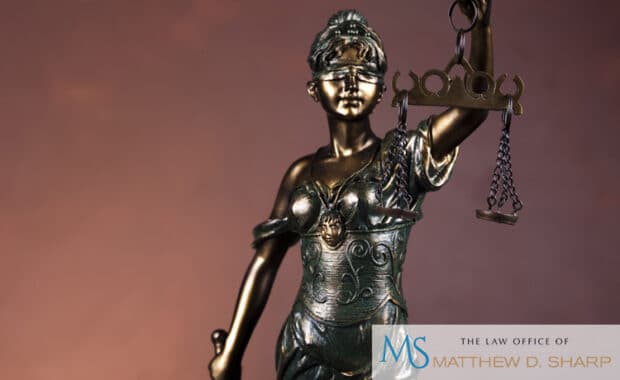
Everything you need to know about dressing for success in Texas courts
While it may not be fair, the truth is that people often judge others based on appearance. This is true not only in everyday life but also in court. Although judges and juries are supposed to remain impartial throughout a criminal trial, courts are made up of ordinary people who are affected by human nature just like everyone else.
As such, how you dress in court can impact how you’re perceived, and it may open the door to character attacks from the prosecution that, while unfair and untrue, can ultimately affect the outcome of your case. This is why a knowledgeable criminal defense lawyer advises their clients on what to wear to criminal court.
Similar to attending a job interview, going to court is one of those times when you want to make an extra effort to look your best. Knowing what to wear to court can help you appear more trustworthy and respectable to a judge and jury, and it may only take a few small changes to add up to a favorable appearance.
Can the clothes I wear to court actually impact my case?
The short answer is yes.
Take a moment to consider how you might respond if you went to buy a car and the salesperson was in their pajamas. A similar reaction can happen if you arrive at court wearing cut-off shorts, flip-flops and a muscle shirt or tank top.
You’ve probably heard the phrase “dress to impress” before, but in court, you want to dress to respect. Demonstrating that you respect the court, its office and its officers by dressing appropriately can remove undue attention from you while your case is argued. If you show up wearing casual street clothes, the jury is more likely to think you aren’t serious about your defense or your case.
What you don’t want is for your clothes to be a distraction. Essentially, your goal is to show that you are respectful of the judge and jury through your appearance. Demonstrate that you are taking the process seriously by dressing professionally and showing up groomed and attentive. Avoid any clothing, jewelry or other items related to appearance that may call unnecessary attention to you during your trial.
Is there a dress code for court?
While most criminal courts have general expectations when it comes to dressing appropriately, some courts and judges have specific rules regarding what is and is not allowed. This is where it pays to work with your attorney to discuss the details of your court case.
Your attorney will likely be familiar with the expectations of the court and judge presiding over your case. Through your attorney, you can find out any specific dress code requirements you need to be aware of.
Learn when and why you might want to waive your right to a jury trial in Texas.
What’s the best attire to wear to court?
The best court attire typically falls within the category of business wear. If you attend church or another religious organization, then you could also consider what you might wear to these types of places.
Typically, you’ll want to wear at least a pair of slacks and a button-up shirt. But you might also want to add a blazer or suit jacket and tie if your case is being heard in a court that is known to be more formal. Dresses and skirts are also typically acceptable, provided that they fall within a modest length and overall style.
What attire and types of footwear should you never wear to court?
Another way to figure out how to dress for court is to avoid wearing anything that you’d typically wear for leisure activities. The last thing you want to do is show up for a DUI case wearing a tropical-themed shirt, shorts and sandals that make the court picture you drinking a margarita on the beach.
The same is also true for loungewear and exercise attire. Looking like you just popped in for your court date as a side thought after going to the gym makes it look like you aren’t taking the charges seriously.
What should I do about tattoos and piercings?
While tattoos are much more popular and acceptable among the general public today than 50 years ago, a tattooed individual may still prompt unfair bias from a jury. This is particularly true if your tattoos are offensive, intimidating or include violent imagery. Even if your tattoos are related to your military service or represent a positive moment in your life, they might still be misinterpreted by someone sitting across the room.

If you have visible tattoos, cover them as much as possible. This can usually be done by wearing long sleeves and a collared shirt. Certain tattoos may not be as easy to hide, including those on the upper neck, the hands and the face.
In these cases, you can try to position yourself in a way to minimize a tattoo’s appearance. This may include not using your hands to gesture or shifting your body to one side. Discuss body positioning with your criminal defense attorney to ensure that you don’t end up calling unintended attention to yourself during court.
As for piercings, you’ll want to keep them as unobtrusive as possible. Typically, small earrings or a culturally relevant piercing is acceptable. If you leave an earring or other piercing in, then make sure to use the smallest stud possible to avoid drawing attention to your piercing.
Can I wear jeans to court?
Some people want to wear jeans to court to be comfortable or because they don’t own a suit. Either way, it is best to avoid wearing jeans since they can appear too casual.
Wearing a pair of slacks can also be comfortable, and you can typically find affordable ones at various clothing outlets and thrift stores. If you struggle with finding appropriate clothing for court, then let your attorney know. They may be able to direct you toward resources that offer suitable attire that will pass any dress codes for the court in your area.
What impact does my hygiene have on my case?
The rest of your appearance also plays a role in how people perceive you from the moment you walk into the courtroom. For obvious reasons, never go to court smelling like alcohol, marijuana or other illicit substances. Washing and combing your hair and shaving or grooming facial hair are all effective ways of showing that you’re a thoughtful and responsible person.
What Happens When Someone Drops Charges Against You?
Learn why charges may be dropped and what you need to do to clear your arrest from your record.
Am I allowed to wear a hat in court?
Wearing a hat indoors is typically considered rude behavior, whether you’re in a steakhouse or a courtroom. If you wear a hat to court, leave it in the car. This also helps to prevent misunderstandings about any insignias or logos that are commonly on hats. If you take your cap off in the car, then make sure to bring a hairbrush to avoid the dreaded hat hair that could ruin your efforts to look your best.
What’s the best color of clothing to wear to court?
When you pick out your clothing, you’ll want to look for conservative, neutral colors. Navy blue, dark gray, white and black are all great choices for court attire. Keep in mind that you’ll also want to avoid busy patterns that could be distracting. A plain dark-blue blazer or skirt will look better in court than an eclectic, bright pink paisley pattern.
What if I’m in jail prior to my case? Do I have to wear my prison uniform to court?
One of the biggest challenges with dressing appropriately for criminal court happens when someone is in jail prior to their case. In these situations, you will likely only have access to your prison uniform, meaning you would have to appear in court wearing an outfit that already makes you look guilty.
In virtually all cases, your attorney can make a request for you to be permitted to wear a suit or similar clothing to court. These requests are often granted, but keep in mind that you may need a friend or family member to bring you the appropriate clothing before your trial. If you don’t have anyone available to provide a suit, your attorney may be able to provide resources to help you find attire that will work in your favor.
Why it’s also important to dress comfortably
Although it’s wise to look professional and respectful in court, keep in mind that comfort is important too. Criminal court proceedings can often take hours, days or even weeks to settle. This means that you may spend many hours each day sitting in a courtroom without the option to move around.
In a hot courtroom, non-breathable fabrics can make you uncomfortable, and this discomfort may reflect in your appearance. Alternatively, in a cold courtroom, thin fabrics may cause you to shiver or move around to get your blood pumping, making you appear anxious.
While you may not be able to control the temperature of the courtroom, choosing the right clothing can help you remain comfortable and calm during your trial.
Contact an experienced Houston criminal defense attorney
In the end, the most important thing you can do if you want to know what to wear to criminal court is talk with your attorney about how to prepare for your trial. Your criminal defense attorney can give you advice that pertains to the specifics of your case. Through your attorney’s guidance, you stand a much better chance of presenting yourself as innocent and avoiding potential prejudice from the jury.
If you live in the Houston area, contact the experienced criminal defense attorney Matthew D. Sharp at The Law Office of Matthew D. Sharp today to ensure your rights are protected. Matthew is a seasoned criminal defense attorney who is committed to ensuring that those accused of criminal offenses get treated fairly and receive the best possible outcomes in their cases.
Contact us today for your free consultation.





